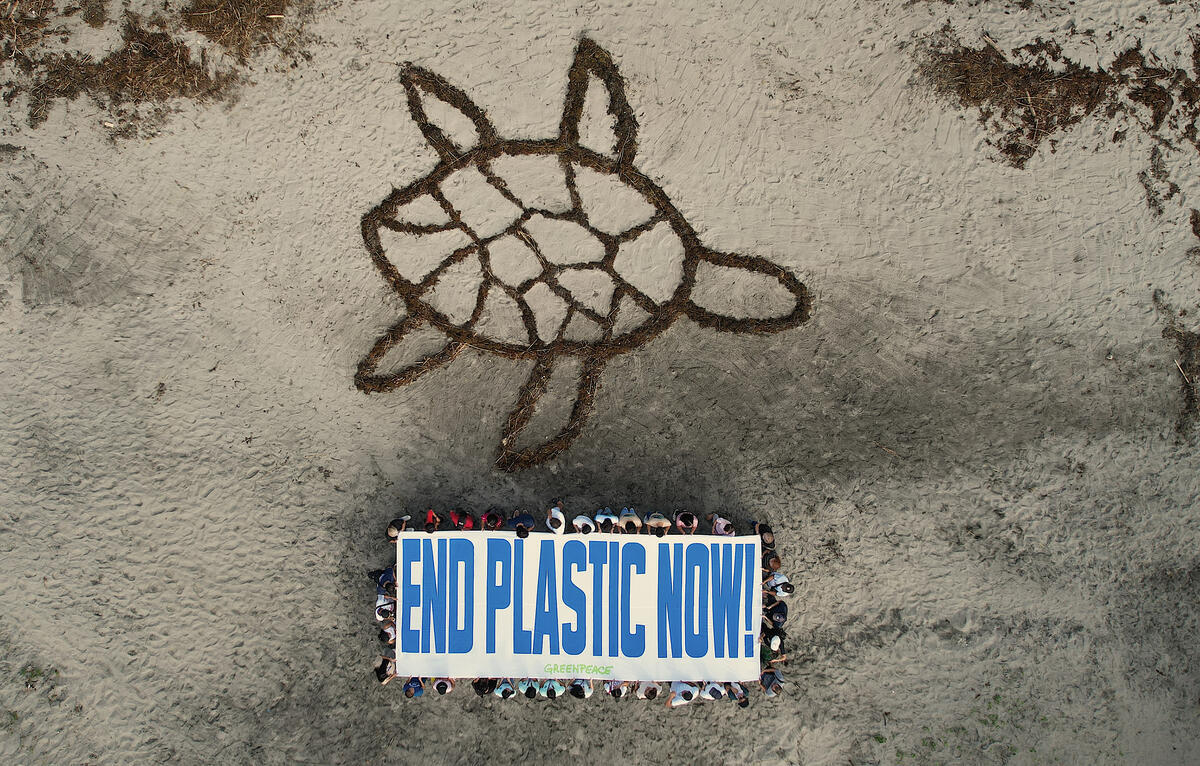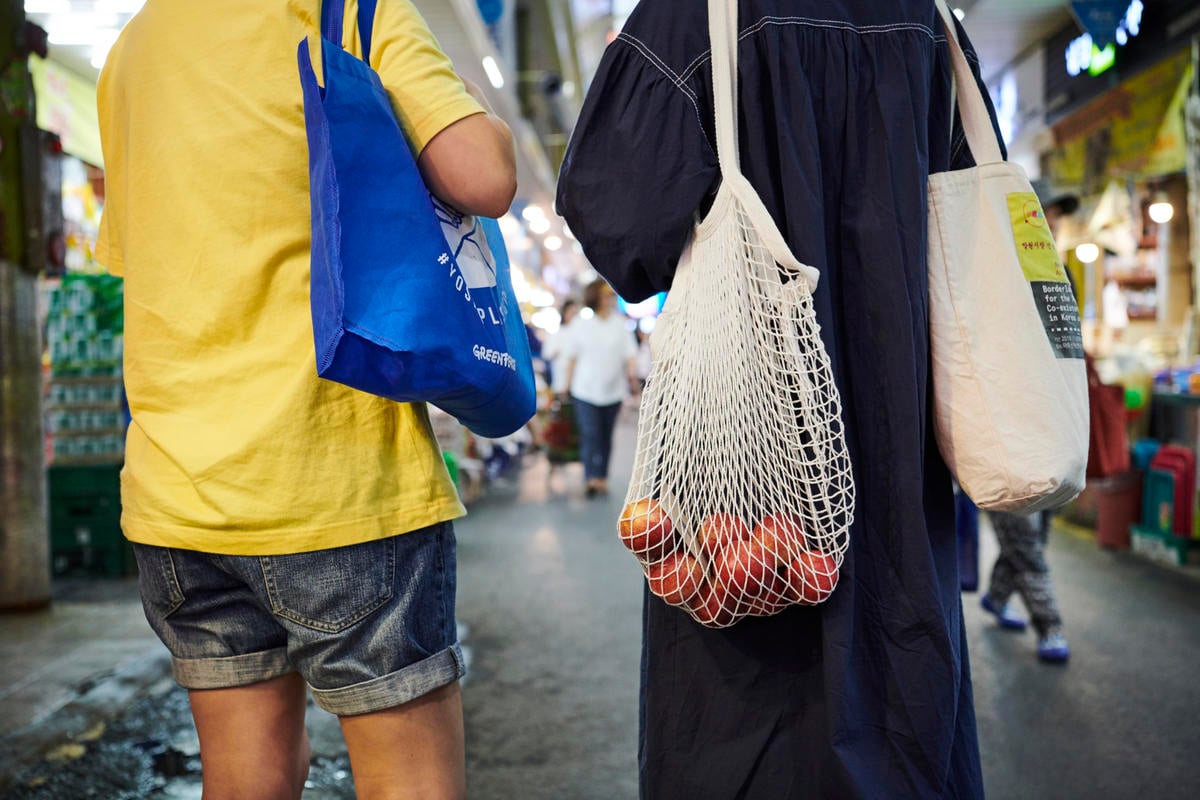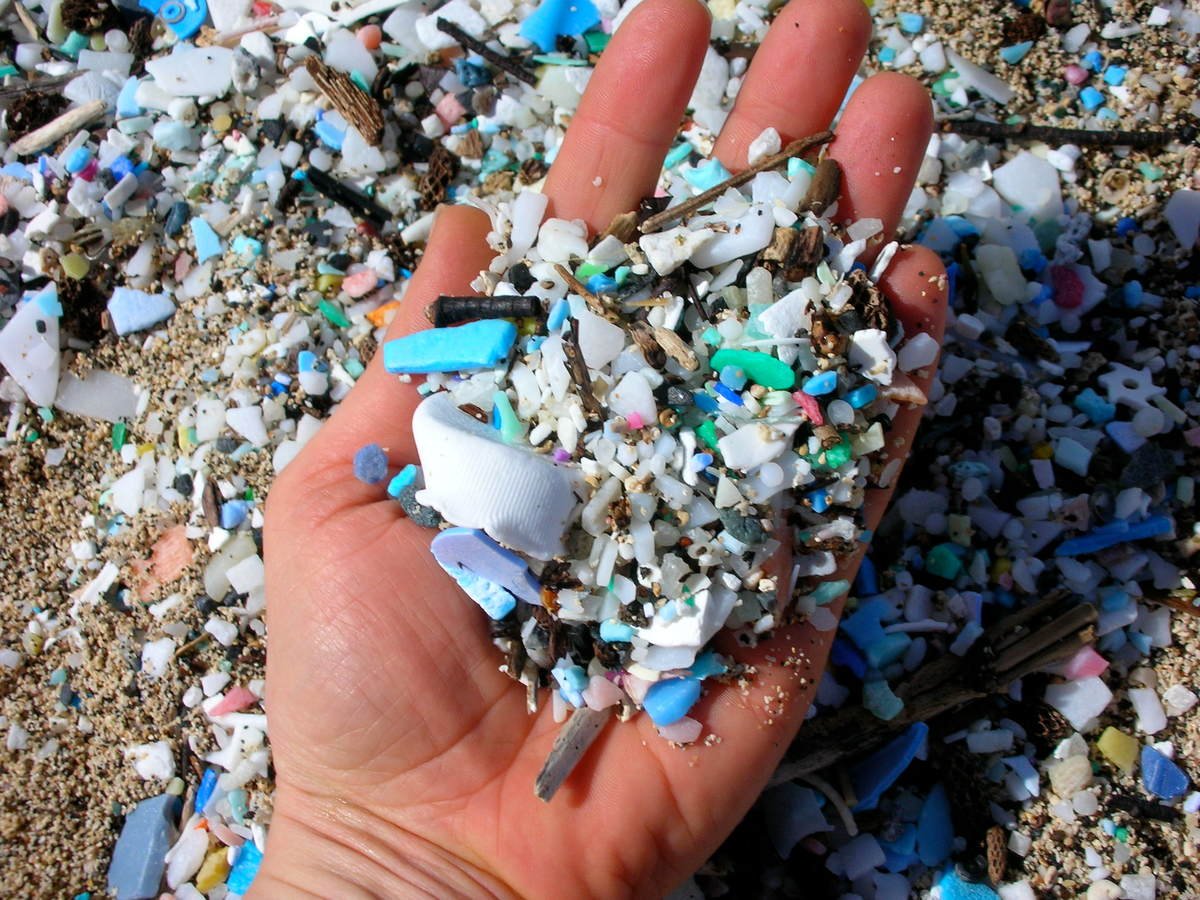QUEZON CITY, Philippines (March 4, 2022) – Greenpeace Philippines today welcomed the adoption of a resolution mandating the creation of a global treaty to end plastic pollution. The group said the agreement provides a strong warning for plastic polluting companies to immediately align themselves to global ambitions by reducing their plastic production and shifting to reuse and refill models.
The group said that the resolution, adopted at the 5th session of the UN Environment Assembly (UNEA 5.2) in Nairobi, Kenya last Wednesday, will be instrumental in forging a legally binding agreement that can help developing countries like the Philippines to stand up against corporate polluters. These include oil and chemical companies that produce raw plastic, as well as consumer goods manufacturers whose annual production of millions of tons of single-use plastic packaging are poisoning marine and terrestrial ecosystems, and contributing to the climate crisis.[1]
Greenpeace Zero Waste Campaigner Marian Ledesma said the plastics treaty mandate is particularly notable because it recognizes that every stage of plastic production and use—from extraction of raw materials from fossil fuels, to disposal—is problematic. It also recognizes how plastic pollution at land and sea crosses boundaries and infests even the most remote places on the planet. [2]
“This resolution spells the beginning of the end to decades of corporate-led indiscriminate and irresponsible plastic production that has created the plastic pollution crisis we face today,” said Ledesma. “The ambitious mandate coming from UNEA 5.2 establishes good parameters for negotiations for a strong, comprehensive plastics treaty which prioritizes humankind and the earth.”
“Developing countries like the Philippines will have a rallying point to call for drastic measures to cut down on production and start a just transition—all with the necessary support mechanisms the mandate includes. With the technical and financial assistance mentioned, we can get serious about investment in measures such as reuse systems and deposit-return schemes.”
Ledesma, however, maintained that the Philippine government must continue to support the call for a comprehensive agreement, and must pass a national ban on single-use plastics with directives for reduced production to complement a treaty. Likewise, local governments can align themselves to the global ambition by promoting reuse and refill systems, and opposing waste-burning technologies.
“The negotiations for the global treaty are expected to take 2 years, during the term of the new president. It is important that the next administration ensures that key provisions are included in the final agreement, such as legally binding reduction targets for plastic production and technical and financial support to institutionalize reuse models.”
Greenpeace believes that the anticipated Plastic Treaty will also help keep global temperatures below 1.5-degree Celsius. In September 2021, a Greenpeace report [3] revealed the links between the world’s largest brands and fossil fuel companies—some of which operate in the Philippines—and the lack of transparency around emissions from plastic packaging.
“There is a glimpse of hope there for the communities and ecosystems which have been imperiled by the plastic pollution crisis. This is an opportunity to introduce systemic changes necessary to stop the harms of plastic, like cutting down on production and toxic additives in plastic. We can take real action on the plastic and climate crises, reversing deterioration of nature and achieving justice for frontline communities.”
###
Notes:
[1] In Greenpeace’s The Climate Emergency Unpacked the plastic packaging use and production of the top fast-moving consumer goods companies were reported to be in the millions of metric tons in 2019: 2,981,421 mT for Coca-cola, 2,300,000 mT for Pepsi and 1,524,000 mT for Nestle.
[2] Other highlights include the importance of sustainable design for reuse; the contribution of workers in informal and cooperative settings for waste management; as well as the importance of best available science, and traditional, local and indigenous knowledge in addressing the plastics scourge. It also highlights there is a need for capacity building and technical and financial assistance for effective implementation by developing countries.
[3] The Climate Emergency Unpacked exposed the connection of fast-moving consumer goods companies to the fossil fuel and/or petrochemical industries via their supply chain. Of the nine FMCGs investigated, were found to have ties to at least one company in the industries mentioned. They do not advertise this connection or their dependence on fossil fuels which drive the climate crisis, effectively evading accountability for environmental and human rights violations of their suppliers.
Media contact:
Angeli Cantillana
Communications Campaigner, Greenpeace Southeast Asia – Philippines
[email protected] | +63 998 595 9733



